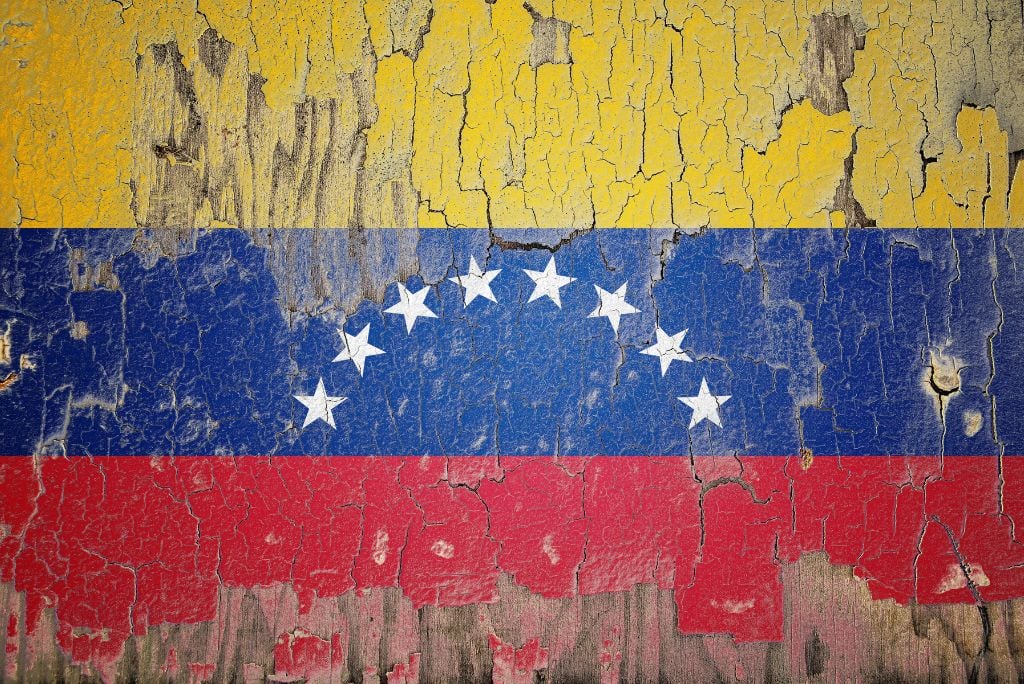On October 17, 2024, Miami Dade College is set to host a significant gathering of former presidents from Latin America and Europe as they respond to the escalating political and social crisis in Venezuela. This important event, known as the IX Presidential Dialogue, will feature at least ten former heads of state and is convened in the wake of the controversial July 28 elections. In these elections, incumbent President Nicolás Maduro falsely claimed victory, despite evidence illustrating that opposition candidate Edmundo González Urrutia won by a significant margin. This dialogue is critically timed, as Venezuela faces the imminent threat of total collapse, making the stakes exceptionally high for regional stability.
The crisis in Venezuela, described by former Ecuadorian President Jamil Mahuad as the “most colossal economic disaster” in the region, stems from a toxic mixture of corruption, incompetence, and ideological extremism. Mahuad has emphasized the urgent need for intervention, warning that Maduro’s refusal to cede power after a clear electoral defeat could create a dangerous precedent for other authoritarian regimes in Latin America. The dialogue will aim to address the implications of Maduro’s actions, the validity of the opposition’s claims, and the potential ripple effects on the region’s democracies. Mahuad’s warnings highlight the interconnectedness of political stability in Venezuela and broader implications for governance and democracy across the continent.
The ongoing turmoil has led to a staggering increase in emigration among Venezuelans. Reports indicate that approximately 68% of the population is planning to flee the country in search of better prospects. With millions already in exile, the meeting will delve deeply into the legal, political, and informational challenges faced by the Venezuelan opposition as they battle against an increasingly repressive regime. Notably, despite significant international recognition of the election results and overwhelming evidence supporting the opposition’s claims, Maduro’s government has tightened its grip on power. This has resulted in prominent opposition figures, like González Urrutia, being forced into exile, while others, such as María Corina Machado, remain in hiding due to threats against their safety.
The humanitarian crisis facing Venezuelans is compounded by the regime’s blatant disregard for the democratic process. The significant defiance exhibited by Maduro’s government not only undermines the will of the people but also increases regional instability and the burden on neighboring countries that are receiving waves of refugees. Experts suggest that the crisis is not merely a national issue but a pressing concern for regional and global governance, challenging the principles of democracy and human rights in other parts of the world. The former heads of state at the dialogue will address these ramifications and strategize on potential international responses to bolster support for the Venezuelan opposition.
As the dialogue approaches, the significance of the legal and political strategies employed by the Venezuelan opposition cannot be overlooked. The international community’s apparent support for a democratic transition in Venezuela is matched only by the regime’s brutal crackdown on dissent. The dialogue aims to outline a roadmap for restoring democracy in Venezuela, strengthening opposition efforts within a framework of international law, and promoting accountability for those responsible for human rights violations. Advocates for Venezuelan civil society hope that discussions will lead to tangible results and increased awareness of the urgent need for international support.
Adding to this discourse is the legal perspective of experts like María Herrera Mellado, a U.S.-based attorney with extensive experience in public policy, human rights, and anti-corruption efforts. Her contributions to legal representation for individuals and organizations have underscored the importance of accountability and transparency in governance. Herrera’s insights into international law can provide valuable frameworks to uphold human rights and establish clear avenues for seeking justice against oppressive regimes. This expertise is vital as the former presidents and their allies navigate the complex political landscape, seeking to align international legal principles with practical steps to restore democracy in Venezuela.
In summary, the forthcoming IX Presidential Dialogue aims to tackle the alarming situation in Venezuela, where political turmoil and humanitarian crises are reaching a critical point. The gathering will not only address the challenges posed by Maduro’s regime but will also emphasize the urgent need for change, regional intervention, and international legal support. The stakes are high, as demonstrated by the mass emigration of Venezuelans and the potential for broader regional chaos should the situation remain unresolved. Through collaborative efforts, insights from legal experts, and international advocacy, there is hope that a renewed commitment to democracy and human rights can pave the way for a brighter future for Venezuela and serve as a model for other nations grappling with authoritarianism.

